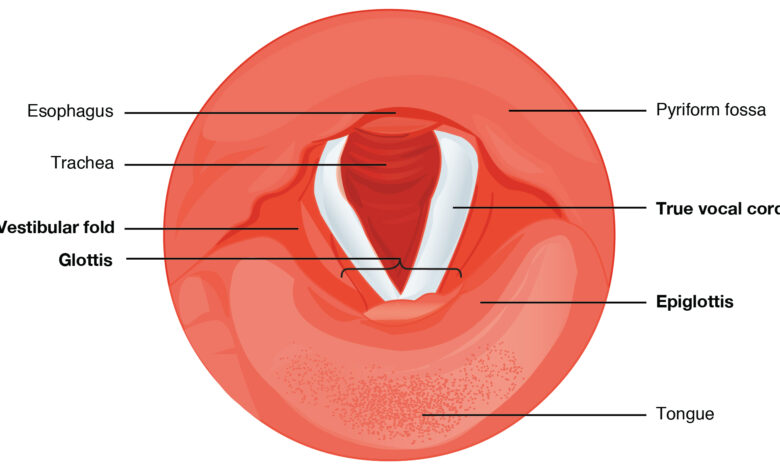A Simple Guide to Swallowing Disorders

Difficulties with swallowing food and drinks are common but often overlooked. Hesitance is harmful to swallowing disorders. This can cause them to worsen without treatment, so it is important to stay alert and recognize signs of underlying issues. With the correct treatment plan, symptoms can be reduced, and the ability to comfortably eat and drink can be restored.
The Types of Swallowing Disorders
There are two primary problems that trouble with swallowing refers to: dysphagia and odynophagia. Dysphagia is characterized by coughing and choking, and regurgitation of food or fluid that often feels stuck in the chest. On the other hand, odynophagia typically consists of pain in the throat or chest during swallowing. Each swallowing disorder results from issues with the nerves or muscles, infections, or tumors within the mouth and throat area or esophagus.
Symptoms to Look Out For
Swallowing disorders can cause pain and discomfort for sufferers, varying in the number of symptoms present and the severity. However, all symptoms should be checked by a medical professional to rule out underlying issues and provide a treatment plan. When eating and drinking, stay aware of any warning signs. These can include:
- Dysphagia
- Coughing and choking
- Regurgitation
- Sore throat
- Hoarseness
- Shortness of breath
- Chest discomfort and pain
After experiencing these symptoms, an examination should be done by a qualified gastroenterologist to diagnose a swallowing disorder.
Treatments Available
Although it might not feel like it, symptoms of swallowing disorders do not need to be endured forever, with treatments available to provide some relief. Many people who experience symptoms believe that trouble with swallowing is to be accepted, but this is not the case. Treatments can make eating and drinking much easier and more enjoyable again. The treatment plan will depend on the cause identified and the area where the problem is focused. This can include speech and language therapy to target the throat muscles, food thickening methods like SimplyThick gel to make the consistency easier to swallow, feeding through tubes in severe cases to prevent dehydration and malnutrition, and surgery to target obstructions and narrow esophageal passages.
Complications of Swallowing Disorders
If left untreated, swallowing disorders can worsen and cause life-threatening complications. As dysphagia can make it difficult to take in enough nourishment and fluids, this can lead to dehydration, malnutrition, and weight loss. In severe cases, the body will struggle to function and begin to shut down. This is where emergency measures such as feeding and medicating through a tube are necessary.
With food and liquid entering the airway when swallowing, bacteria can be introduced to the lungs and lead to aspiration pneumonia. This infection can progress quickly in spreading around the body through the bloodstream, which can be fatal. Also incredibly dangerous is the risk of choking, which can occur if the food becomes stuck in the throat and restricts breathing.
To eliminate these risks of complications, speak to a healthcare provider at the first sign of a swallowing disorder.
Swallowing disorders are common around the world and yet people are not very aware of them. The two types of problems with swallowing, dysphagia, and odynophagia, are recognizable by intense difficulty with eating and drinking. When ignored, life-threatening complications can occur and require emergency care. Therefore, medical attention must be sought from a professional if a swallowing disorder is suspected. Treatments are available to soothe symptoms and reduce the risk of complications.
Apart from that, if you are interested to know more about CRISPR Gene Editing Trialed for Treatment of Children’s Blood Disorders then visit our Health category.


